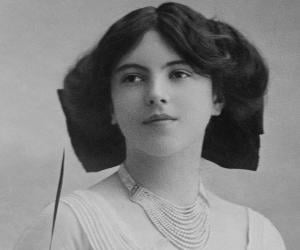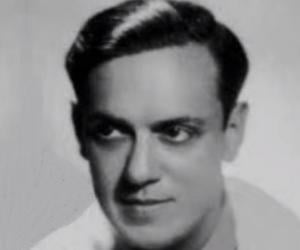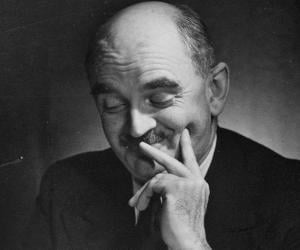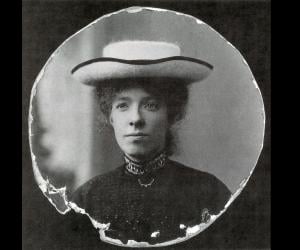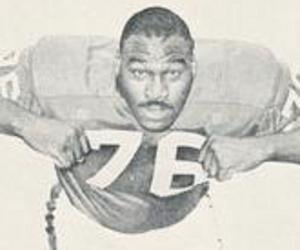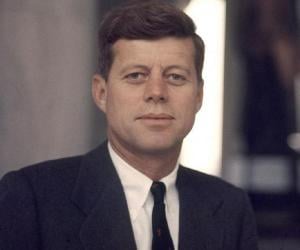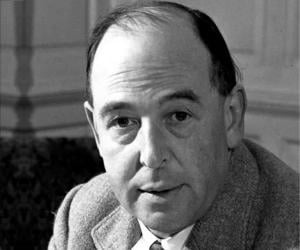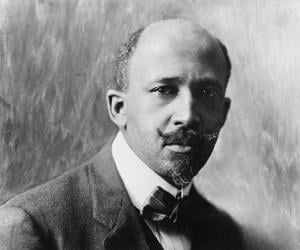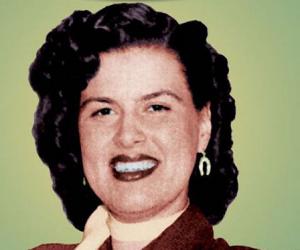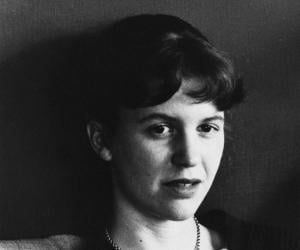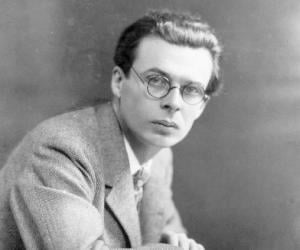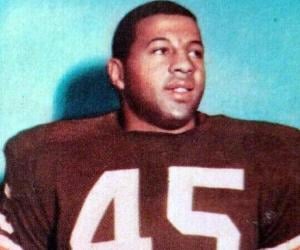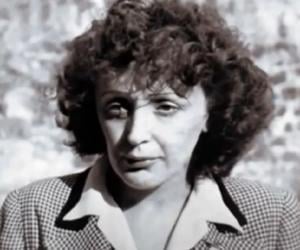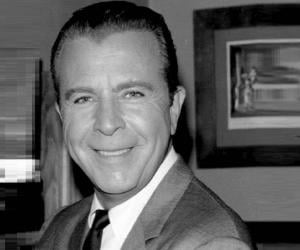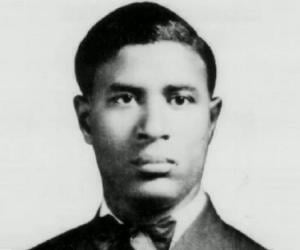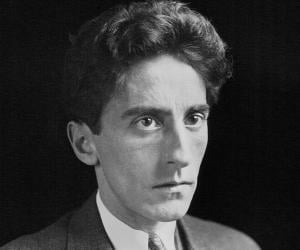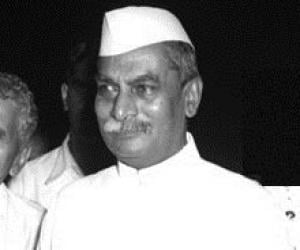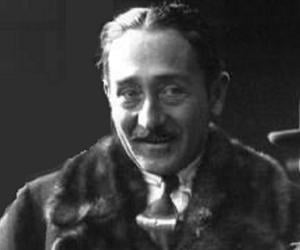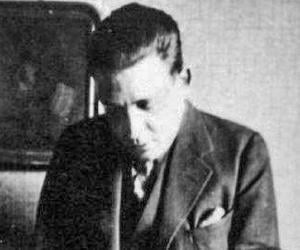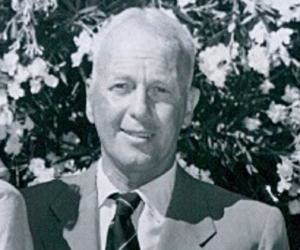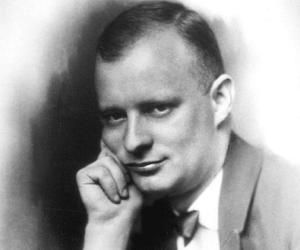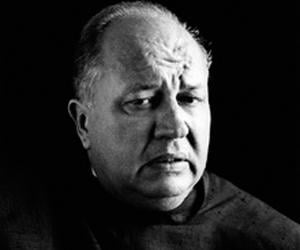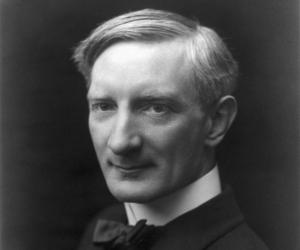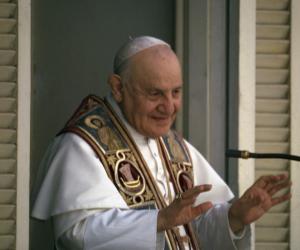The 35th President of the United States, John F Kennedy was a charismatic leader who, during his tenure, ably dealt with Cuban missile crisis, proposed public service programmes and lent support to the growing civil rights movement. Before becoming one of the youngest Presidents of the country, he served in the navy, U.S. House of Representatives and the US Senate.
C. S. Lewis was a British writer whose books have sold millions of copies worldwide after having been translated into over 30 languages. His works, such as The Chronicles of Narnia, have inspired the works of other famous authors. Lewis' work continues to attract readership and he was ranked 11th on The Times' 50 greatest British writers since 1945 list.
W. E. B. Du Bois was an American civil rights activist, sociologist, and Pan-Africanist. Du Bois played an instrumental role in fighting for full civil rights for people of color around the world. A co-founder of the National Association for the Advancement of Colored People, Du Bois also played an important role as the leader of the Niagara Movement.
Robert Frost was an American poet. An influential poet, Frost was honored with four Pulitzer Prizes for Poetry, the only poet to receive four such awards. One of America's public literary figures, Robert Frost received the Congressional Gold Medal in 1960. His works influenced other poets like Robert Francis, James Wright, Edward Thomas, Richard Wilbur, and Seamus Heaney.
Patsy Cline was an American singer widely regarded as one of 20th century's most influential, celebrated, and respected vocalists. Her singing style helped influence several artists and musical genres. She also helped define the Nashville Sound style associated with country music. She has been a major influence on artists, such as Loretta Lynn, Reba McEntire, Linda Ronstadt, and Dottie West.
Sylvia Plath was an American short-story writer, novelist, and poet. Plath is credited with popularizing confessional poetry and won a posthumous Pulitzer Prize in Poetry. Sylvia Plath achieved popularity and critical acclaim despite suffering from clinical depression for the most part of her adult life. Her story inspired the 2003 film Sylvia in which she was portrayed by Gwyneth Paltrow.
English writer and philosopher Aldous Huxley wrote countless books, including novels, short stories, non-fiction, and poems. He is best remembered for his science-fiction novels Brave New World and Island. The seven-time Nobel Prize nominee was also a Companion of Literature of the Royal Society of Literature and a Vedanta believer.
Patrick Bouvier Kennedy, born in August 1963, was the infant son of U.S. president John F. Kennedy and First Lady Jacqueline Kennedy, who died just a little over 39 hours after his birth. Patrick was born prematurely, with hyaline membrane disease (HMD), now known as infant respiratory distress syndrome (IRDS).
Garrett Morgan is remembered for inventing the Morgan safety hood, which served as a prototype for later gas masks. He also invented the T-shaped traffic signal and a range of hair-care products, such as hair straightening creams. An NAACP member, he also launched a newspaper to cater to African-Americans.

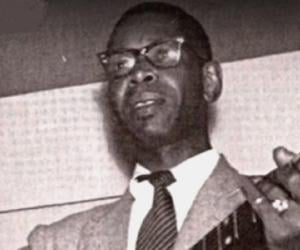
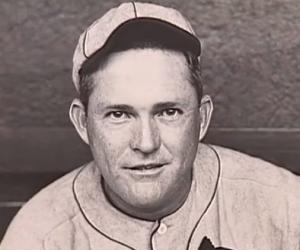
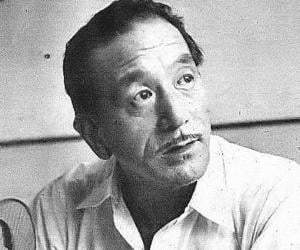
Yasujiro Ozu often ran away from school to watch movies at a local theater and later began his career as a camera assistant. He directed both silent films and talkies, including the masterpiece Tokyo Story, and is best remembered for his signature static camera effect and the use of the color red.
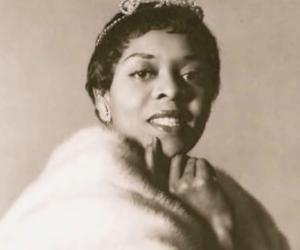
French composer Francis Poulenc was most self-taught, as he was not encouraged to join a music school by his pharmaceutical manufacturer father. Part of the legendary “Les Six” of French music, Poulenc was also a skilled pianist. He is also remembered for the opera Les dialogues des Carmélites.
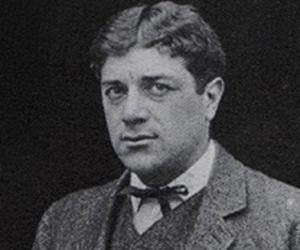
French painter Georges Braque is considered one of the pioneers of Cubism. His 1908 masterpiece Large Nude is one of his most celebrated pieces. Critics often argue whether Braque or Picasso had first begun developing Cubism, and many of their works are very similar in nature.

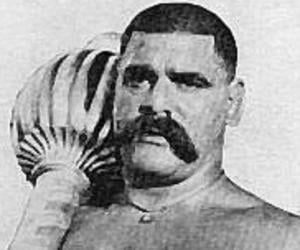
A world-renowned Indian pehlwan, or wrestler, Ghulam Mohammad Baksh Butt competed using the ring name The Great Gama. Also known as Rustam-e-Hind, he remained undefeated over an illustrious career of almost 5 decades and even saved many Hindus during the communal riots at the time of the Partition of India.
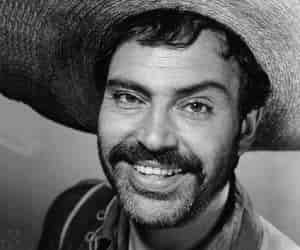
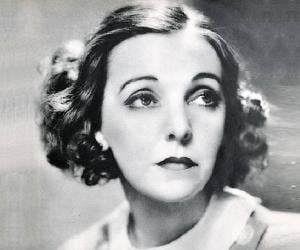
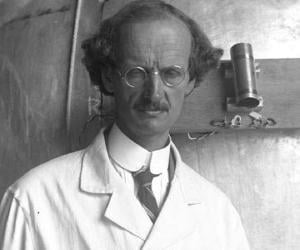
Swiss-born Belgian physicist Auguste Piccard is best remembered for his research on the Earth’s upper stratosphere. He designed his own ships to explore the depth of the seas and also built balloons to study cosmic rays. His bathyscaphe remains one of his best-known inventions. He also co-discovered the magnetocaloric effect.
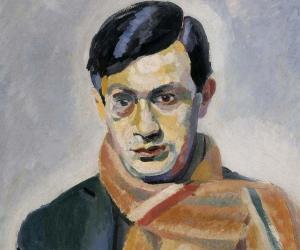
Tristan Tzara was a Romanian-born French avant-garde performance artist, poet, and essayist. A multi-talented personality, Tzara was also active as a playwright, journalist, art and literary critic, film director, and composer. Tristan Tzara is best remembered for co-founding the anti-establishment Dada movement, which he helped popularize. He is also credited with co-founding the Romanian literary and art magazine Simbolul.
Although German composer and violinist Paul Hindemith had collaborated with leftist and Jewish musicians, his apolitical stance made him a favorite of the Nazis initially. However, he was later forced to comply with Nazi dictatorship. He moved to the U.S. after his performances were banned in Germany.
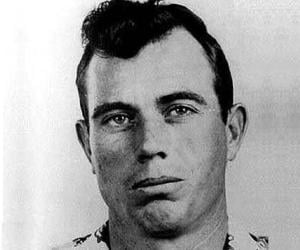
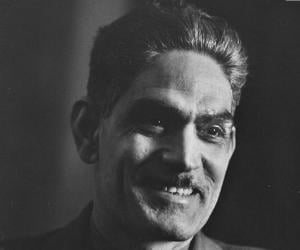
Abd al-Karim Qasim was an Iraqi nationalist and Army brigadier. He came to power after the 14 July Revolution, during which the Iraqi monarchy was overthrown. Abd al-Karim Qasim went on to serve as the Prime Minister of Iraq from 14 July 1958 to 8 February 1963. During his premiership, Qasim laid importance on education and greater equality for women.
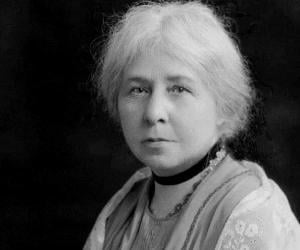
British Egyptologist and anthropologist Margaret Murray was also a scholar of witchcraft. Her best-known work is her 1921 book The Witch Cult in Western Europe, which inspired later witchcraft scholars such as Gerald B. Gardner. The University College London professor had worked in places such as Egypt, Malta, and Petra.
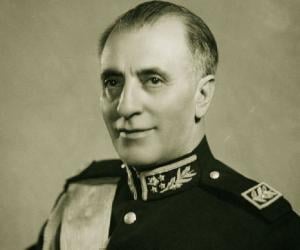
Fazlollah Zahedi was an Iranian statesman and lieutenant general who served as the 36th Prime Minister of Iran after overthrowing Mohammad Mosaddegh in the 1953 Iranian coup d'état with the help of the Great Britain and the United States. Fazlollah Zahedi was serving as the Ambassador to the UN in Geneva, Switzerland, when he died at the age of 71.
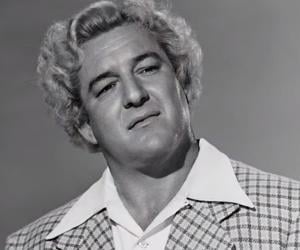
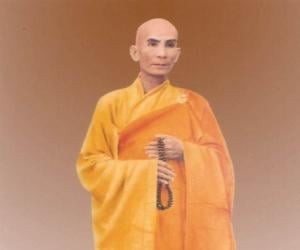
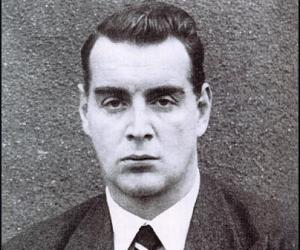
Born to a British civil servant in British India, William Beveridge was educated at Oxford. While he initially excelled in math and classics, he later studied law. A leading economist, he created the Beveridge Report, which formulated the welfare state policies in the U.K. after World War II.
Pope John XXIII served as the Bishop of Rome and head of the Catholic Church from 1958 until his death in 1963. He took many people by surprise when he called the historic Second Vatican Council, which addressed relations between the modern world and the Catholic Church. Pope John XXIII was canonized on 27 April 2014.
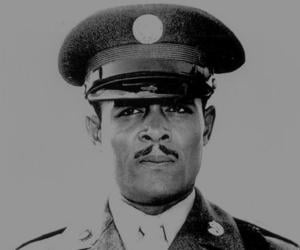
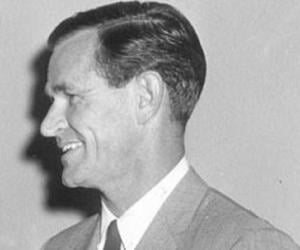

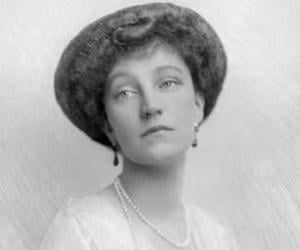
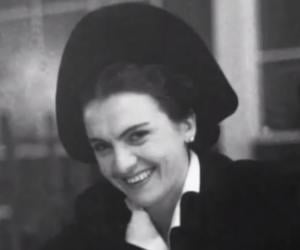
Maria Tanase was a Romanian actress and singer. A versatile singer, Tănase's music ranged from operetta to traditional Romanian music. During her long and illustrious career, Maria Tănase became known as Romania's national diva. She was admired for her voice, charisma, originality, and good looks. She is widely regarded as one of the 20th century's major cultural icons.
